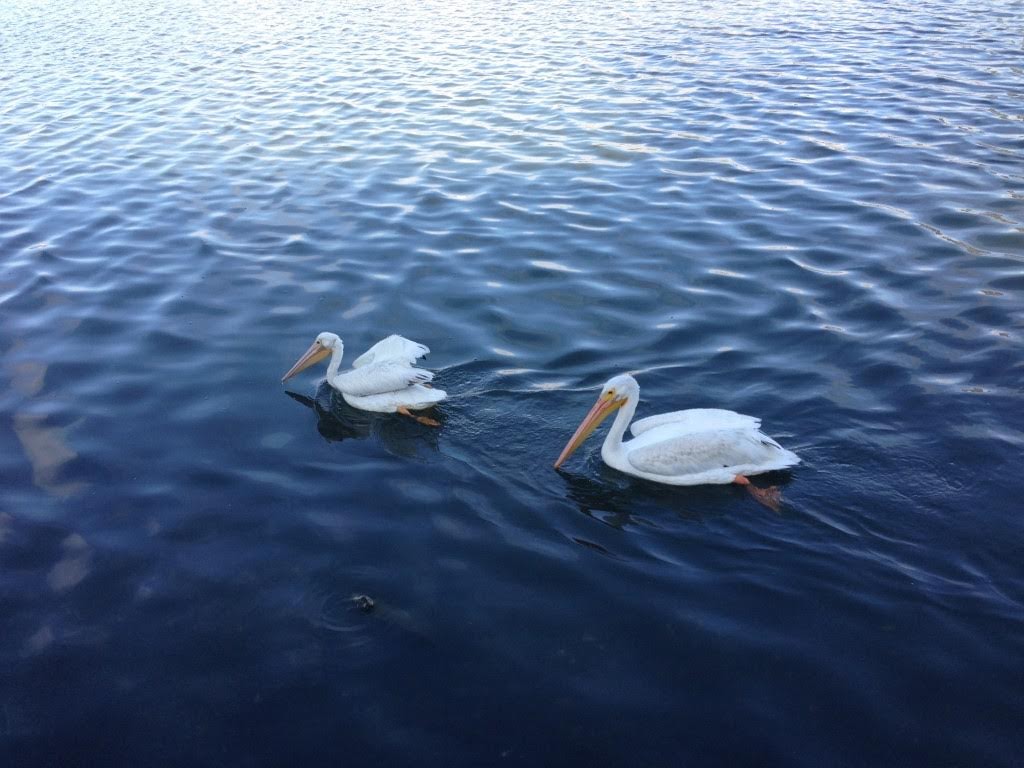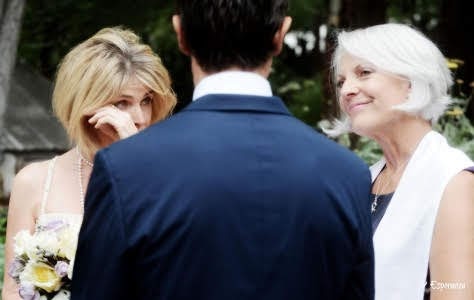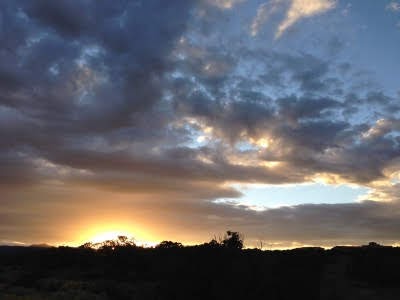It’s been a week since I posted, and so much has happened. Our world is quaking on so many levels: COVID-19 continues to threaten us; protests continue to be mounted against the systemic racism that has scarred our country since its inception; and a frightening electoral season approaches—frightening because of the potential disenfranchisement of so many people, and frightening because of the specter of continuing this madness for another four years. (There. I’ve said it. It’s not like you didn’t know I wasn’t a fan of the Cheeto in Chief, right?) Pride Month has barely been acknowledged without the usual spate of colorful marches, fabulous dances and other celebratory events.
Politics aside, I have been musing about the idea of chosen family. It’s a phrase LGBTQ people have used for a long time. We once said “nonbiological family,” which morphed into the more affirmative “chosen family.” Now all kinds of people are embracing the notion. And since it’s Pride Month, chosen family seems like a timely topic.
Chosen family are those people who make up one’s nearest and dearest, including perhaps some biological relatives, but mostly those who aren’t related by blood. These are the people who show up when you’re sick, bringing flowers and chicken soup and a trashy novel or magazine. These are the ones who don’t care that your house isn’t always clean, that you have a terrible propensity for wearing acid green and pink together, that your subjects and verbs often don’t match, and that you seem to believe that “irregardless” and “unthaw” are real words.* Chosen family members know your parents’ names and all about your evil siblings—even if they’ve never had the pleasure of meeting them—and put up with your endless whining about them. Chosen family remember your birthday and the names of your former partners and spouses. Some they even know them, from those “blended family” Thanksgivings. Chosen family may have been in your life for decades, or for just a few years. And yes, they may come and go—members of your chosen family may not be as static as blood relatives—but they can be even more important.
 |
| “The Golden Girls” chosen family |
LGBTQ people have always created chosen families, out of necessity. Even today, with dominant-culture attitudes toward LGBTQ people changing (or appearing to change) at a fast rate, having a chosen family remains necessary as well as desirable for most LGBTQ people.
A friend of mine was in college in the late 1970s when her older brother learned she was a lesbian and decided he should “out” her to the family. Upon learning their daughter was gay, her parents informed her that if she came home and went to see a psychologist to “fix” this “problem,” all would be forgiven—and they would continue to support her through college. Otherwise, funds (and love?) would cease. My friend was only 18 years old, but she knew who she was and already had found a supportive group of lesbian friends. She declined her parents’ offer. For the next 20 years, her contact with her parents was minimal. But she found a chosen family of like-minded people who loved her for who she was and also supported her personal and creative growth in every way. Eventually, she and her parents reconnected, so some reconciliation was reached before their deaths—but they had missed a huge part of their daughter’s life, and she theirs. Now, more than 40 years later, it is the members of my friend’s chosen family who are still loving and supporting one another as they enter the last decades of their lives.
Lots of people find themselves in the world without families they can count on. Adults who as children were neglected, abandoned, physically or sexually abused, or otherwise mistreated by parents or other family members learn the only way to survive is to form alliances with non-relatives who can fill the roles of family members.
 |
| “Will & Grace,”another wacky chosen family |
Nowadays the term “chosen family” is being used to describe the small groups of people with whom— related or not, cohabiting or not—we are choosing to spend our time during the pandemic. We know that we are not immune to being infected by one another. Most of us are not able to cocoon ourselves entirely during this time, and all the masks, gloves and social distancing we can muster may not protect us from getting the coronavirus. Yet sometimes we simply must be with humans besides those with whom we are cohabiting.
Single parents with small children are choosing others in similar circumstances with whom to share childcare, shopping and other life tasks. Elders who are alone are depending upon friends for help. Singles who live alone find it is simply necessary for mental health to have contact with others.
It’s been interesting to witness how my own usual chosen family has evolved during this time. My longtime closest friend in Santa Fe and I decided at the beginning of the pandemic that we would care for each other (as carefully as possible) if we became sick. Who else would do so? We couldn’t imagine abandoning one another under such frightening circumstances. We don’t hug, but we do spend time together, sitting apart and unmasked, to share a meal occasionally. My usual chosen family has met a few times for a patio meal, likewise sitting far apart. I have a few friends with whom I regularly hike unmasked, and one with whom I dine once a week. I have taken a few elders to the doctor and back, both of us wearing masks in the car.
I am consciously aware that I am taking what I consider to be measured risks. Each person with whom I am in contact is making similar decisions for themselves, having contacts that, though socially distant, could nevertheless lead to infection. Life must go on, and we are humans, hard-wired for social connection. Many people I’ve talked to have automatically made their biological families—parents, siblings, children, grandchildren—their designated chosen COVID families, those with whom they are willing to take risks. One single friend who is a parent has a single friend who has stepped up to help with her children during this time, creating a household of sorts. Others, like me (I have no family within 600 miles), are relying on existing chosen families.
It’s risky but necessary right now to be among other people, to have their support. But isn’t that what life is about, anyway? We take risks every time we make friends, enter into each other’s lives, develop long-lasting bonds—heart risks, you might call them. Today the very real risk of social contact brings into focus those heart risks. One need not look far to be reminded of the risks of love. I think of the brave souls who, during the Holocaust, tried to hide and protect their Jewish friends and neighbors, often paying the ultimate price themselves.
A former partner of mine used to talk about her many “tribes.” She had her softball team tribe, her volleyball team tribe, her work tribe, her social tribe. Some of them overlapped a bit, and some of her tribes overlapped with my tribes. Among the tribes were her chosen family members, including five women who had been meeting as a group for more than 20 years. I always visualized this crazy confluence of folks as occupying intersecting circles of varying sizes and colors, like some sort of math formula drawn on a chalkboard by a wacky professor.
In my neighborhood in Santa Fe, a woman named Karen has started and nurtured into existence a volunteer group that has been helping other neighbors during the pandemic. Some of the things the group has come up with have focused on fun and encouragement: we passed out chalk to everyone in the neighborhood so we could write hopeful messages to each other on the sidewalks and walking trails. Individual volunteers are providing rides and doing errands for elders and those at risk. Karen, my neighbor Deanne, and Jane, another neighborhood woman I’d never even met, lit candles at my doorway and left me sympathy cards when they learned I had to euthanize my beloved dog. A few days ago, a larger group of volunteers created a ritual with candles outside the home of a woman whose life partner had just died. This group comprises a larger concentric circle of chosen family for those in need of kindness in our neighborhood.
I have been lucky to have had a loving and supportive biological family. But I have not lived close to them since I move to Santa Fe at age 30. It has been my chosen family, which has evolved over time, that has supported and continues to affirm me on a daily basis, and for that I am extremely grateful. With our chosen families, we don’t have to explain who we are, or why we are the way we are, or how we live our lives. We just are ourselves; our unspoken mantra is, “I’m okay, you’re okay.”
Who is your chosen family? How have you chosen them, and they, you? Is there a way you can be more helpful or supportive to them than you have been recently, or can you expand your circle to include someone isolated, someone who perhaps needs support? Nothing serves the soul better than serving others. Life seems pretty dire these days. Let’s all pay it forward as often as we can. Happy Pride!
*Just for laughs: Microsoft Word’s spellchecker did not catch “unthaw.”





CHOSEN FAMILY VALUES.
Exceptional blog entry, Hollis. It encouraged me to count mine up––with gratitude.